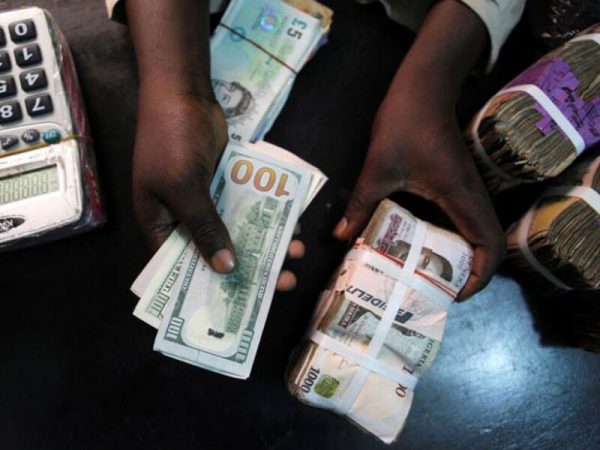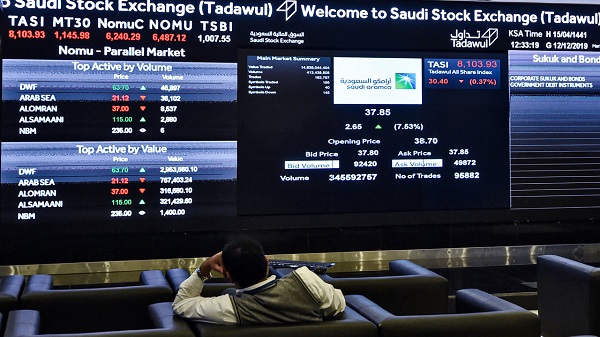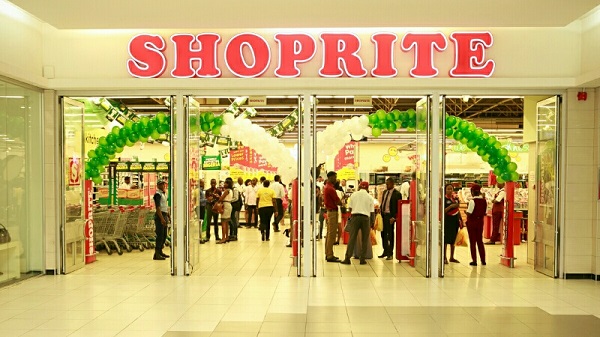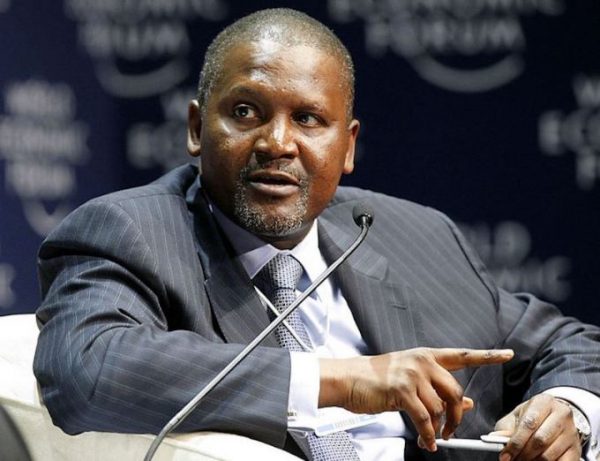OPS cautions government against tax increase for businesses
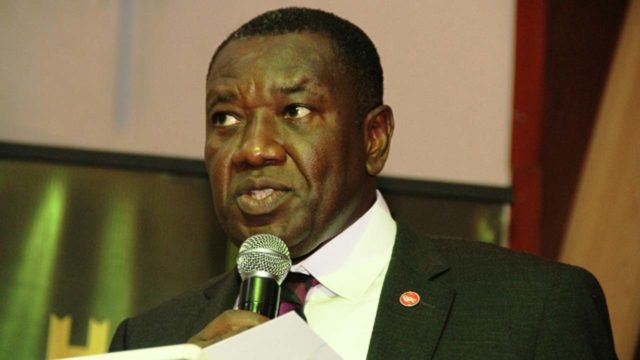
The umbrella organisation of employers in the Organised Private Sector (OPS) of Nigeria, the Nigeria Employers’ Consultative Association (NECA) has cautioned the Federal Government against increasing tax rate for organised businesses and employees.Rather, they advised that more people should be brought into the tax net by expanding the base, as improving the national revenue base is key to avoiding continued reliance on borrowing to fund capital projects.
This, NECA said is to encourage efforts to improve non-oil revenue generation as the most realistic way to reduce the debt service and revenue ratio, as articulated in the Economic Recovery Growth Plan (ERGP) of the Federal Government.
The President of NECA, Larry Ettah stated this in his address during the association’s 61st yearly meeting held on Tuesday at its headquarters in Lagos.While appreciating the ongoing efforts by government to expand tax to Gross Domestic Ratio (GDP), Ettah stated that Nigeria’s tax to GDP ratio, which currently stands at 6 percent, is one of the lowest in the world and is inconsistent with the goal of having a diversified, sustainable and inclusive economy. He said for Nigeria’s economy to achieve a sustained growth, at least, a 15 per cent tax to GDP ratio is required.
Burdened with the incidence of double taxation, particularly consumption tax and the Federal Inland Revenue Services’ (FIRS) drive to meet the N6.7trillion target for 2018, the NECA president urged government not to further burden the private sector with more taxes, stating that the association expects the Federal Government to rein in through an appropriate statutory or policy declaration.
On the economy outlook for 2018 and the recently passed budget, the NECA boss who said though that the debt level as a percentage of the GDP seemed in order, however, considered the debt to revenue ratio unhealthy and unsustainable, advising government to tame its appetite for more leverage.
He added: “Specifically, the cost of servicing Nigeria’s debts on both the domestic and external fronts has risen, in contrast to the revenue earned by government. The bigger concern is the possible unsustainability of such debt servicing. While the debt servicing costs in other economies remain sustainable, that of Nigeria is being dragged down by naira depreciation and increased recourse to non-concessional borrowing for infrastructure development.”Among other national issues of interest to business, NECA urged government to be transparent in its management of a new subsidy dispensation, noting that the funding mechanism for the new dispensation is shrouded in opaqueness.
They demanded for increased security especially all the 2019 elections approaches.Ettah said: “These undoubtedly pose serious threats to the social, economic and political stability of not only Nigeria, but also of the African continent, especially the West African sub-region. This development is significantly undermining government’s efforts to create an enabling environment for wealth creation, enterprise competitiveness and job creation.”
In his message, the Minister of Labour and Employment, Chris Ngige, represented by the ministry’s Lagos State controller, Nnamdi Inua canvassed for industrial peace and harmony at workplace, as it was fundamental for economic growth and prosperity.He implored NECA to explore areas that will attract foreign investors to the country, in order to improve quality and standard of living for Nigerians.
At the meeting, election of new NECA officials was held where Dr Mohammed Yinusa emerged as the new president and Mr Timothy Olawale as the new Director-General.
Olawale succeeds Segun Oshinowo who has been the DG of NECA for 19 years. Oshinowo served a notice of his intention to proceed on retirement at the end of the year.




